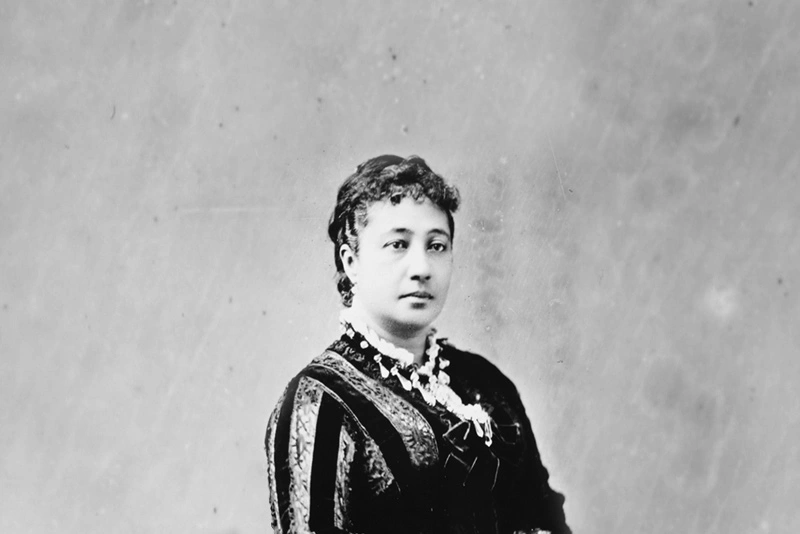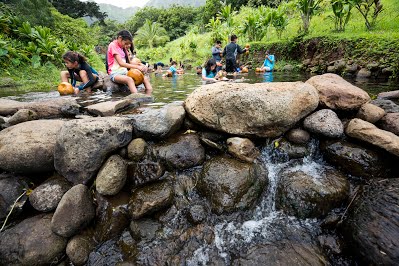Culture-based education (CBE), and more specifically Hawaiian culture-based education (HCBE), is a key lever to achieving Kamehameha School’s (KS) Vision 2040 of a thriving lāhui. We believe that HCBE instills confidence and resiliency in Native Hawaiian learners to improve the well-being of the lāhui. An HCBE system engages Native Hawaiian learners to reach positive socio-emotional and academic outcomes. For that reason, KS is committed to creating and promoting an HCBE system where all students, Native Hawaiian learners in particular, will thrive and reach their full potential.
CBE is grounded in the foundational values, norms, knowledge, beliefs, practices, experiences, and language of a(n indigenous) culture. It “places significance on Native language; place-based, and experiential learning, cultural identity; holistic well-being; and personal connections and belonging to family, community, and ancestors” (Alcantara, Keahiolalo, and Peirce, 2016). The literature base for CBE describes five basic elements that comprise this approach: Language, Family & Community, Context, Content, and Data & Accountability.
In HCBE, the five elements of CBE are applied specifically from a Native Hawaiian perspective. For example, HCBE practitioners strive to incorporate ʻŌlelo Hawaiʻi (Hawaiian language) in the classroom and involve family and community in the development of Hawaiian-centered curricula relevant to learners. By sustaining the values, traditions, and language of Hawaiʻi through HCBE, we hope to see Native Hawaiians grow in success and contribute to their communities both locally and globally.
This HCBE collection includes exclusively research-focused resources that explore CBE and HCBE in varying contexts. Users should make their own assessments of the quality of the data from these sources. It is our hope that these resources will support your journey to ʻimi naʻauao, or seek wisdom, that would strengthen the lāhui.
If you would like a research study to be included in this collection, please email us at strategy.innovation@ksbe.edu.











